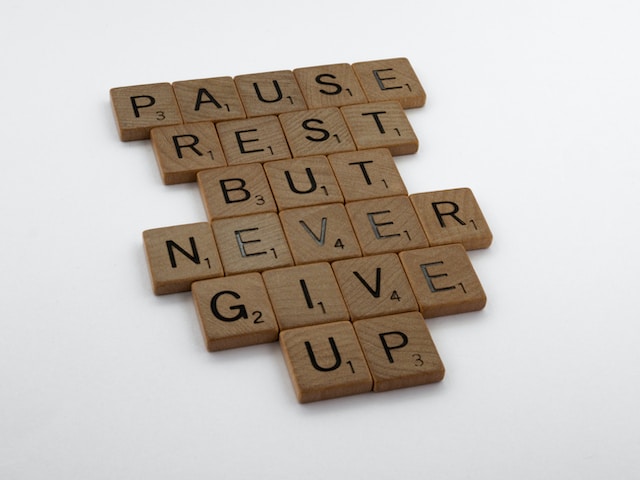 Do you ever feel like you’re eating all the right things, showing up consistently for your workouts, yet the scale isn’t budging, something still feels off, or maybe you’re not making the progress you feel like you should be? It can feel like no matter what you do, you are still having trouble losing weight and a challenging time achieving your best health and feeling the best in your body.
Do you ever feel like you’re eating all the right things, showing up consistently for your workouts, yet the scale isn’t budging, something still feels off, or maybe you’re not making the progress you feel like you should be? It can feel like no matter what you do, you are still having trouble losing weight and a challenging time achieving your best health and feeling the best in your body.
Let’s chat about a few other areas outside of nutrition and fitness that are impacting your health, your progress, and how you feel in your body each day.
#1. How’s your stress?
How are your stress levels lately? Stress plays a MAJOR role in our health and our progress. You could be executing the perfect workout routine and eating the most nutritious foods, but if you’re experiencing chronic stress, you are going to have a very difficult time reaping the benefits of all of the hard work you are putting in.
Stress can be either internal or external. For example, internal stressors can be things like hormonal imbalances and gut health imbalances. External stressors (which people are most familiar with) are things such as work stress, family, relationships, environment, financial hardship, that never ending to-do list, etc.
A research review confirmed that perceived stressful experiences and psychological strain are positively correlated with higher body mass index and waist circumference and stress-related eating was identified as one clear contributor.
Being in a stressed state can even shut down and slow down different functions of your body such as your digestive system, nutrient assimilation, and even functions in your prefrontal cortex.
The bottom line is that our stress response can be adaptive and helpful if our body can turn it on when it’s needed and off when it’s not. When stress becomes chronic and apart of your day to day life, that’s when your body will start to communicate by showing you the symptoms of stress overload: fatigue, brain fog, emotional variability, digestive distress, and an increase in abdominal fat. Below will be a list of a few ways to help manage and reduce your stress levels.
#2. How’s your sleep?
Sleep is another area that will dramatically impact your results and your overall health. 35% of Americans report getting fewer than seven hours of sleep per night. This is a problem since research shows that our bodies and brains work best when we get between seven and nine hours of sleep per night. Some of the physiological consequences associated with lack of sleep include insulin resistance, weight gain and obesity, high triglycerides, high blood pressure, higher risk of cvd and type 2 diabetes, and hormonal imbalances. There is also a direct relationship between sleep and depression/anxiety. Another consequence of chronic fatigue or sleep deprivation is that it can make it challenging to stay motivated and make meaningful lifestyle changes. It is difficult to be consistent with healthy habits and eat and exercise the way you want to when you don’t have the energy to do so.
#3. Last but definitely not least, How’s you gut?!
One of the biggest variables related to our ability to regulate our health and weight is the state of our microbiome (the bacterial environment in our gut!). If you know me or you’ve worked with me, you know how important gut health is!!!! Our gut health plays a role in nearly every area of our bodies. The bacteria makeup of your gut determines how your calorie absorption is regulated, influences how fat gets distributed in your body, how sensitive your cells are to insulin, and your ability to produce hunger and satiety hormones. There are many factors that determine the state of our gut microbiome, but the single most impactful dietary change to help restore your microbiome to good working order is to eat MORE high-fiber, plant based foods. Changes in your diet have an immediate effect on your gut. The goal is to create an environment in your gut for your microbes to thrive!
As promised, here are a few ways to reduce/manage stress that will no doubt, have a positive impact on your health. Each of the practices below will stimulate your vagus nerve and activate your parasympathetic nervous system (rest and digest), taking you out of your stress response.
- Yoga
- Meditation
- Acupuncture
- Walking in nature/being outside
- Gratitude journaling
- Prayer
- Working out
Is there room to improve your sleep, stress management, and/or gut health!? I hope the above has provided some guidance on how to start healing and getting you to a place where you feel the best in your body and mind.
